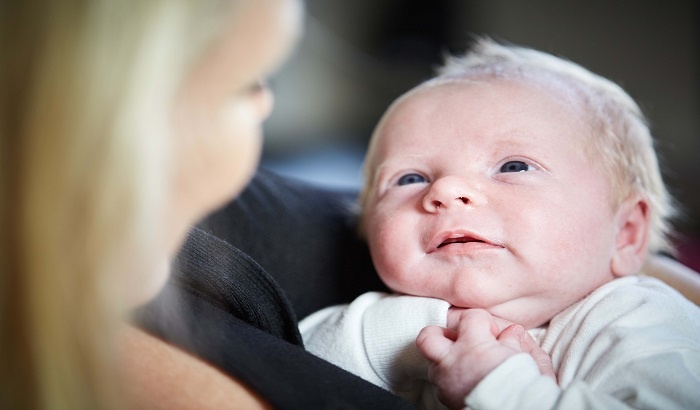
A plan to provide every child in Greater Manchester with the best start in life has been unveiled by the Greater Manchester Health and Social Care Strategic Partnership, the body overseeing the devolution of health and social care services.
The Start Well vision will ensure every child grows up in a nurturing environment, with access to public service support helping youngsters to fulfil their potential as they move into primary and secondary education.
The primary objective of the plan is to increase the number of children in Greater Manchester who are ‘school ready’ by the age of five – a national measure of a child’s development.
Greater Manchester’s current school readiness figures are lower than the national average with the percentage of children achieving a Good Level of Development in 2015 at 62.4%, compared with 66% nationally. However, there are also significant differences across the 10 boroughs, with school readiness as low as 57.2% in some regions across Greater Manchester.
Start Well will tackle these inequalities by bringing together schools, nurseries, local authorities, NHS services, the voluntary and community sector and private providers to provide high quality education and coordinated support where necessary.
It is the first time that so many organisations and institutions have made a collective commitment to work better together to close the gap in health, education and social inequalities. This partnership working has been made possible through the advent of devolution.
Start Well aims to:
• Increase the percentage of children achieving a ‘good’ level of development
• Improve mental health of parents with infant children
• Reduce the number of babies with a low birth weight
• Reduce levels of obesity at age 4-5 years
• Reduce the number of decayed, missing and filled teeth in children aged five.
• Reduce the rates of smoking at time of delivery
• Reduce attendance at A&E for children aged 0-4 years.
Wendy Meredith, Greater Manchester’s Director of Population Health Transformation, said: “We believe that every child deserves the best possible start in life and today we have outlined our vision for ensuring we can close the gap in health, education and social inequalities.
“Growing evidence shows that if we are to do just one thing to really improve health outcomes in Greater Manchester, it would be investing in the very first early years of a child’s life. That starts from before the child is born all the way through to nursery and up to the age of five.
“Those early years are absolutely vital and developing a system that supports happy and healthy children means that we are working towards the long-term prosperity and aspirations of the region. If we have higher numbers of school-ready children who are flourishing, eager to learn, able to share, and with good social skills they get off to the best start - so that they will have the skills to become fulfilled members of the community.”
You can read more about Wendy Meredith’s thoughts on the strategy in her supporting case study (attached). A second news piece (attached) shows how we will be following the life of one newborn, baby Alfie, up until the age of five.
The Start Well strategy provides a road map for transformational system changes that will see a long-term shift move away from expensive and reactive public services to an improved emphasis on prevention and early intervention.
It is a significant step in improving the long-term health and wellbeing of Greater Manchester and integral to the long term development of the region according to Lord Peter Smith, Chair of the Greater Manchester Health and Social Care Strategic Partnership Board.
Lord Peter Smith, Chair of the Greater Manchester Health and Social Care Partnership, said: “We need to recognise the importance of a child’s development and ensure they are given every opportunity to fulfil their potential, no matter where they are born or raised in Greater Manchester.
“We want to make the region a beacon for the young and improve the long-term prosperity for all.”
One example of an early intervention service is the Family Nurse Partnership which provides support to young first-time mums.
Clare Woods, A nurse with the Family Nurse Partnership (see supporting case study): “As part of the work we make sure we focus on the Mum’s dreams and aspirations. We do everything by breaking things down into manageable chunks and setting goals.
“Our role is almost as enablers. We work with the family so that they realise their own targets - which then also helps the baby.”

 Appeal Following Road Traffic Collision, Great Horton Road, Bradford
Appeal Following Road Traffic Collision, Great Horton Road, Bradford
 Bradford Man Jailed For Child Sexual Offences
Bradford Man Jailed For Child Sexual Offences
 Appeal After Burglary
Appeal After Burglary
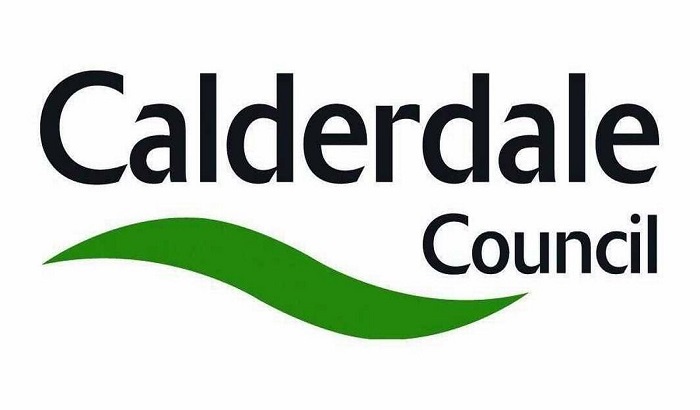 Have your say and help to build stronger communities in Calderdale
Have your say and help to build stronger communities in Calderdale
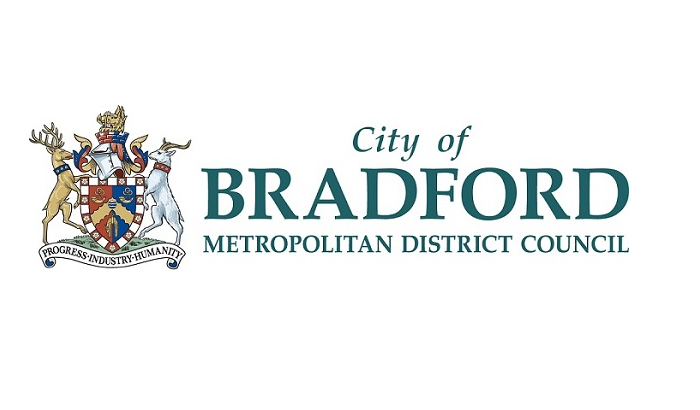 Bradford to mark the 80th anniversary of D-Day
Bradford to mark the 80th anniversary of D-Day
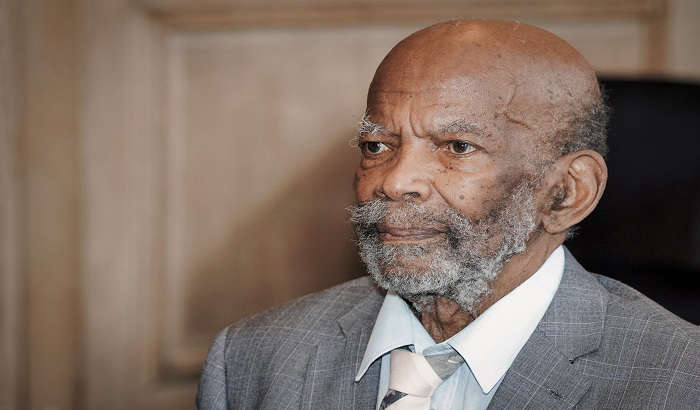 City presents Windrush pioneer with prestigious Leeds Award
City presents Windrush pioneer with prestigious Leeds Award
 More Than 10,000 Arrests Made By Team Dedicated To Reducing Violent Crime
More Than 10,000 Arrests Made By Team Dedicated To Reducing Violent Crime
 Plate expectations as historic registration could be up for sale
Plate expectations as historic registration could be up for sale
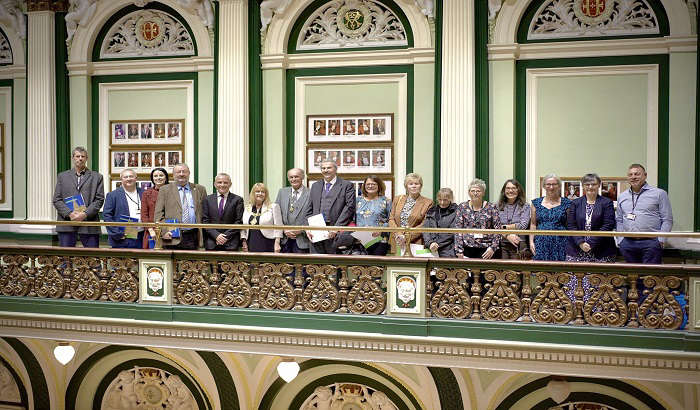 Calderdale: Celebrating over 350 years of service at Council
Calderdale: Celebrating over 350 years of service at Council
 Activists who caused £100,000 worth of damage sentenced
Activists who caused £100,000 worth of damage sentenced
 Appeal Following Collision and Death of Man in Otley, Leeds
Appeal Following Collision and Death of Man in Otley, Leeds
 Alim OnAir
Alim OnAir
 Bhangra Nights
Bhangra Nights
 Legal Show
Legal Show
 The Golden Era
The Golden Era